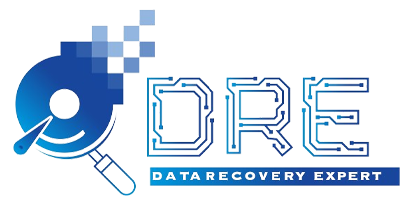Keeping your computer safe from viruses is essential for protecting your personal information and maintaining system integrity. Here are five effective ways to enhance your computer’s security:
1. Install Antivirus Software:
- Choose a reputable antivirus program and keep it updated to detect and remove malware.
- Enable real-time scanning to detect and block threats as they arise.
- Regularly schedule full system scans to identify and eliminate any hidden threats.
2. Keep Your Operating System Updated:
- Enable automatic updates for your operating system (e.g., Windows Update for Windows, Software Update for macOS) to ensure you receive the latest security patches.
- Regularly check for and install updates manually if automatic updates are disabled.
3. Exercise Caution When Browsing:
- Avoid clicking on suspicious links or downloading attachments from unknown sources, as they may contain malware.
- Be wary of phishing emails that attempt to trick you into revealing personal information or downloading malicious files.
- Use ad-blocking and script-blocking browser extensions to mitigate the risk of encountering malicious ads or scripts.
4. Implement Strong Password Practices:
- Use complex passwords comprising a mix of letters, numbers, and special characters.
- Avoid using easily guessable passwords such as “password” or “123456.”
- Enable multi-factor authentication (MFA) whenever possible to add an extra layer of security.
5. Regularly Back Up Your Data:
- Frequently back up important files and documents to an external hard drive, cloud storage service, or a dedicated backup solution.
- Create multiple backup copies and store them in separate locations to mitigate the risk of data loss due to hardware failure, theft, or ransomware attacks.
- Test your backups periodically to ensure they are functional and up-to-date.
By implementing these proactive measures, you can significantly reduce the likelihood of your computer falling victim to viruses and other malware threats. Remember to stay vigilant, exercise caution when interacting with online content, and prioritize security best practices to safeguard your digital assets and personal information.
